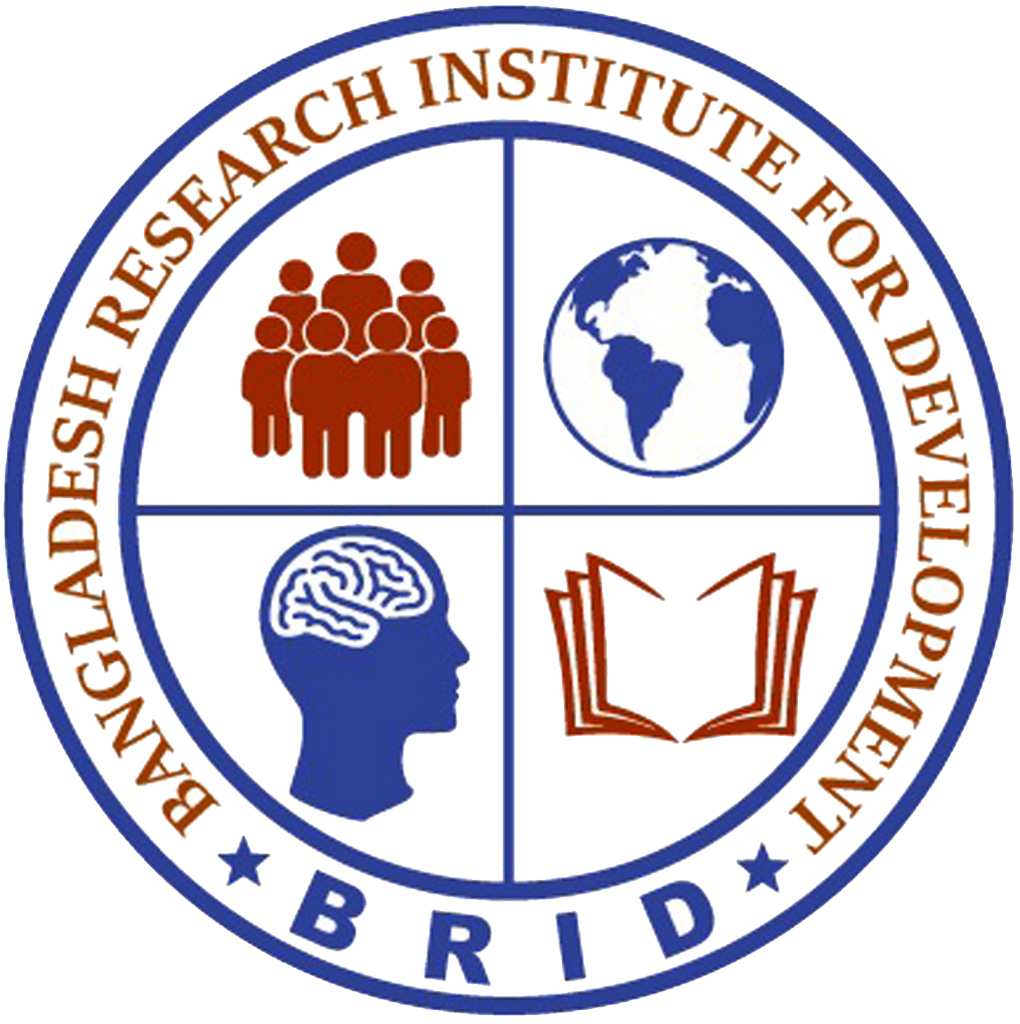Executive Summary
Background profile: A family is a fundamental unit of society. Without it, we cannot think about social life. In Bangladesh, family is most of the most important elements of the social structure. The average size of the family in Bangladesh is almost 4.5 members. It is observed that the prevalence of large size family is seen in the rural life of Bangladesh. Similarly, the study found that a major portion (90.6%) of the micro-entrepreneurs had 2-7 members per family, while 46.5% had 5 to 7 members. Furthermore, education is a vital element that accelerates the development of a nation. It enlightens the life of the people and civilizes society. In Bangladesh, almost 73% of people are literate. However, the study found that the MEs’ educational status was poor, while 45.9% had a primary education level. Moreover, gender is the perception and attitude constructed by society. It varies from society to society. In Bangladesh, there are three gender identities: male, female, and transgender. However, the study found that male participation in the project was prevalent, where 81.2% of the surveyed MEs were male entrepreneurs.
Ownership categories: Moreover, there are two types of ownership in the study areas: single ownership and joint ownership. The study found that single ownership was more prevalent while 96.5% of MEs were single and only a few were joint ownership category. In addition, the study tried to explore the nature of the business properties and found a major portion of the business was self-owned. The rest of the entrepreneurs were doing their business in rented places in the study areas. Additionally, MEs were asked about the sources of self-ownership and found a self-bought way to achieve ownership.
Business categories: There were various types of enterprises doing their business in the study area, such as restaurants, fast food, sweet shop, fruits, and beverage sellers, bakeries, tea stalls, etc. The study found that environment-street food producers and sellers were almost absent in the study area.
Capital investment and savings: Capital is the core element of the enterprise. Every enterprise needs a sufficient amount of capital investment that can accelerate its growth of the enterprises. The study found that most MEs (68.8%) invested below one lac takas in their enterprises as capital.
Restaurant: The study found that 39.4% (67 MEs) of the respondents had restaurant business while 65 restaurants were non-air-conditioned. The seating capacity of the restaurant varies ranging from eight to above fifty while the major portion (38 MEs) had a 10 to 30 seat capacity for the customers in the study areas.
Fast Food: The study also found that 14.1% (24 MEs) of the respondents had fast food businesses while 13 were with carts. Portability is a very important necessity for fast food MEs while only 8 MEs of fast-food business were portable in the study areas. Fast food owner MEs were asked about sitting capacity for the customers and found that 22 MEs had sitting places which indicated that they had enough spaces for managing customers’ seats. They were also asked about a number of seat capacity; found that almost 50% of the fast-food owners had a 10 to 30 seat capacity for the customers. The study observed various types of fast-food items were selling in stated enterprises such as bakery and sweets, burger, sandwich, and chicken items, food items, fuchka, chatpati, halim, noodles, panipuri, singara, samosa, chap, burger, laschi, tea, coffee, cold drinks, spiced fruits, vegetable and beverage and etc. while a major portion was selling different food items in the study areas. (to be continued)

